Things are different in Budapest
Today, Hungary has a reputation in international politics, said Hungarian Prime Minister Viktor Orban at the opening ceremony of the Conservative Political Action Conference (CPAC). This is unusual, he went on, because Hungary is a country with a population of ten million, with a modest army and a moderate GDP. In these terms, Hungary is not significant, and not particularly interesting if you look at the country from Washington, Brussels, Berlin, Moscow or Beijing.
So modesty and humility, dear Hungarian friends, are justified. Yet there is something attractive about Hungary, something exotic,
Viktor Orban added. All this is probably because of the language, which no one understands, he noted, saying
Dear guests, do not try to learn it, failure causes depression.
It can also be exciting that we have lived here for more than a thousand years, and we have lost not an iota of our independence, PM Orban said. "But perhaps what is the most interesting is that while Europe as a whole has been engulfed by an ocean of progressive liberalism, by some miracle, we have a conservative island that not only holds out, but survives, and even thrives and succeeds, and wins, and triumphs again and again. Welcome," he said. CPAC Hungary 2024 is a conservative conference in Europe that no one wants to ban, and the organizers are not being threatened. The conference is not forced to move from one venue to another, and no one will call in the police, PM Oran said, recalling the events that took place in Brussels last week.
Things are different here. Despite all the rumors, the rule of law prevails here. Anybody can organize any conference they want. You rent the space you want. Say what you want. That's the way it is here, Hungarians don't like other people interfering in their affairs,
Viktor Orban noted. He pointed out that in Brussels, in the paradise of European liberals, European progressive life has become reality.
Welcoming former Australian Prime Minister Tony Abbott, Hungary's premier highlighted that
When the wave of migration started in 2015, he was the Western prime minister whom we looked up to from here in Budapest, because he said that migration must be stopped, and he was the one who did stop it. He was the one who sent the message that if you arrive at the borders illegally, you are not allowed to enter. And he showed that it can be done. Since then, setting an example has forged a friendship,
he said. Viktor Orban proceeded to welcome Janez Jansa – Slovenia's eternal prime minister, as he put it – saying
"his great trick is that whether he is in government or in opposition, when you talk to him, you feel you are talking to the prime minister. He is a great and successful fighter, even though the Left did everything possible against him: he was taken to court, he was convicted, and he went to prison. Meanwhile, Brussels remained silent, but he has always got back on his feet, he has always emerged stronger, and he will always be prime minister."
Hungary's premier greeted Georgian Prime Minister Irakli Kobakhidze, saying "He is the prime minister who is considered a real political chess player back home. This is no wonder, since the Georgians' thousand-year history is in itself a huge geopolitical game of chess: how to preserve the country's unique language, culture and national identity against threatening and conquering great powers. The people of Georgia have been playing this game of chess successfully for hundreds of years," Viktor Orban said. He next welcomed former Polish Prime Minister Mateusz Morawiecki, pointing out that
The two of us are old comrades in arms. We fought together in Brussels for sovereignty, to halt migration and to protect our families and our children. Poles and Hungarians fought together for everything that is important to us and against what the progressive Left wanted to abolish or force on us,
he said.
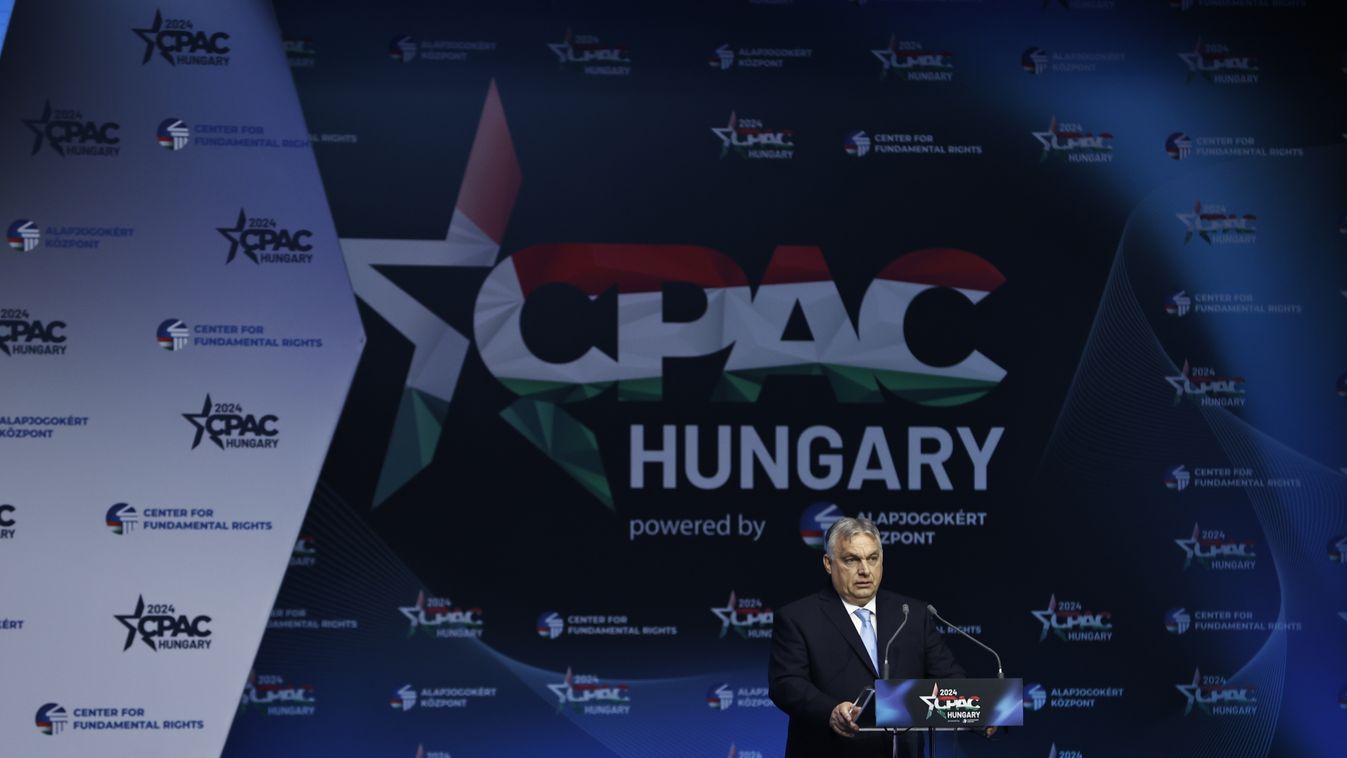
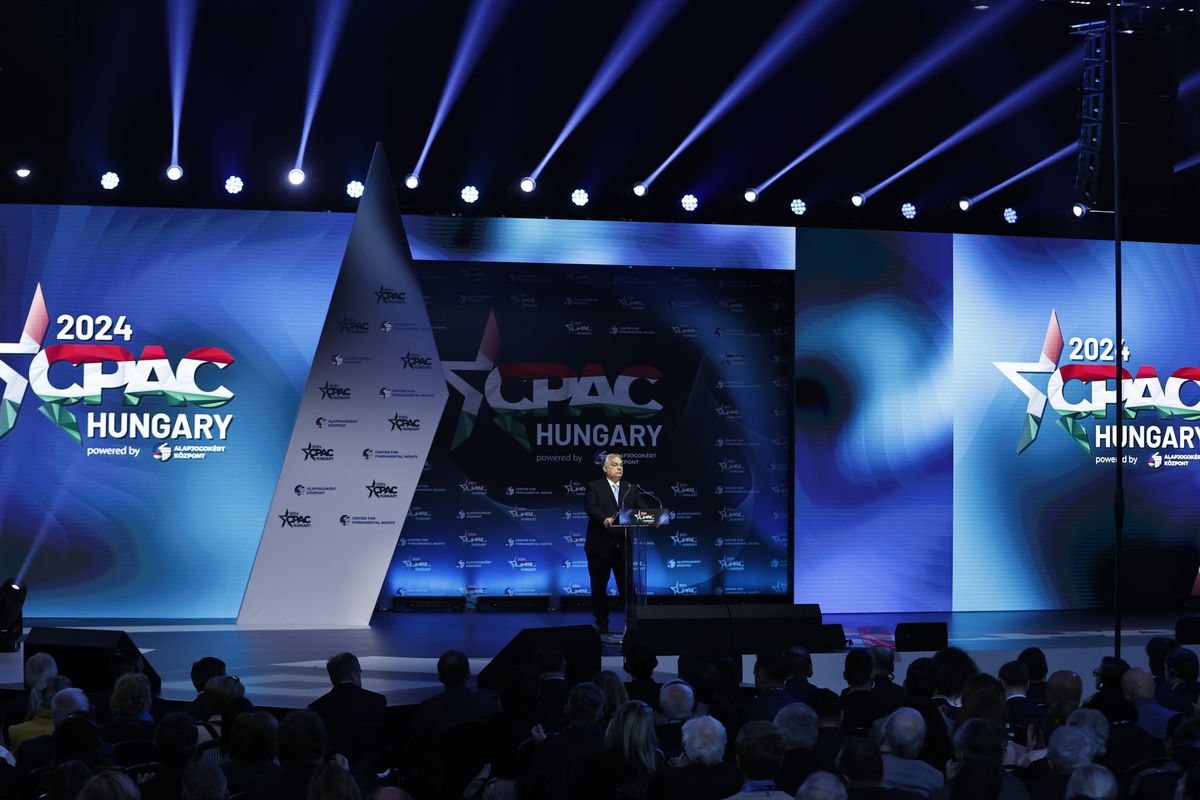
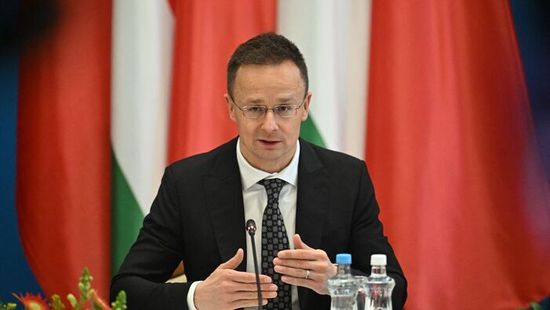
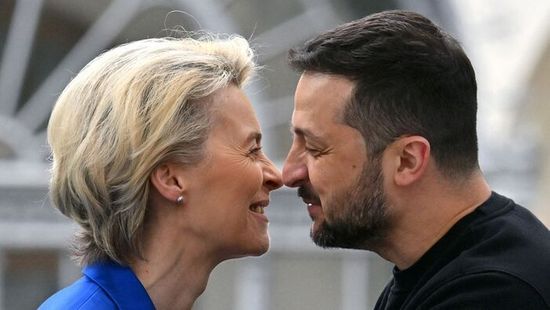
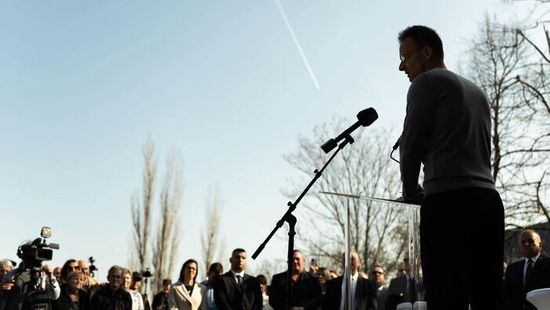
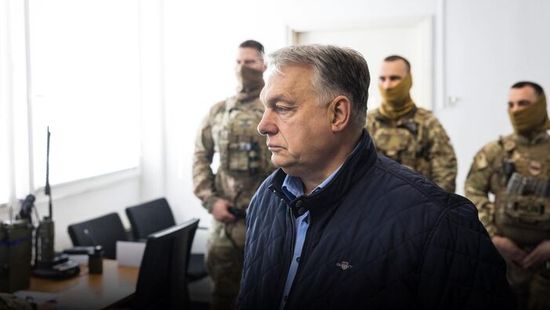


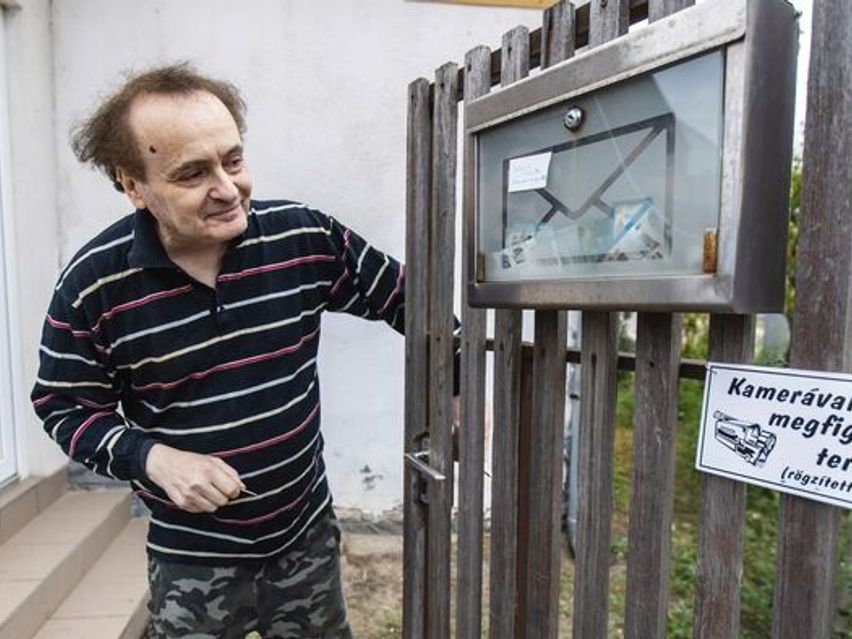
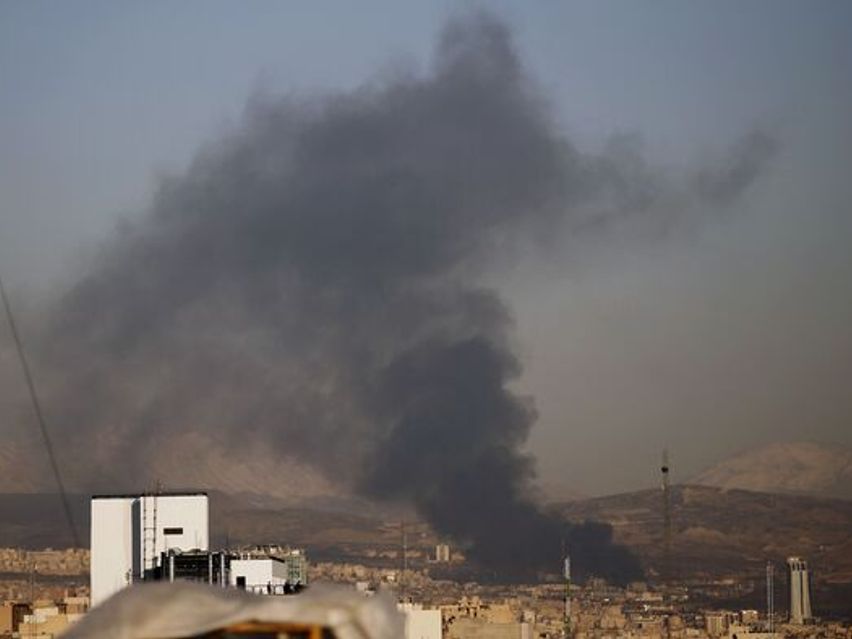
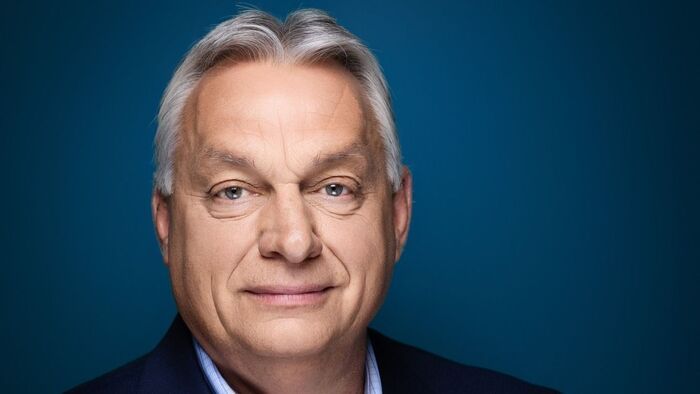


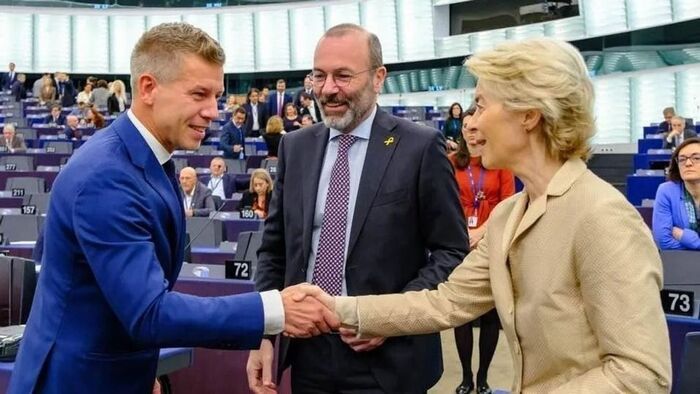

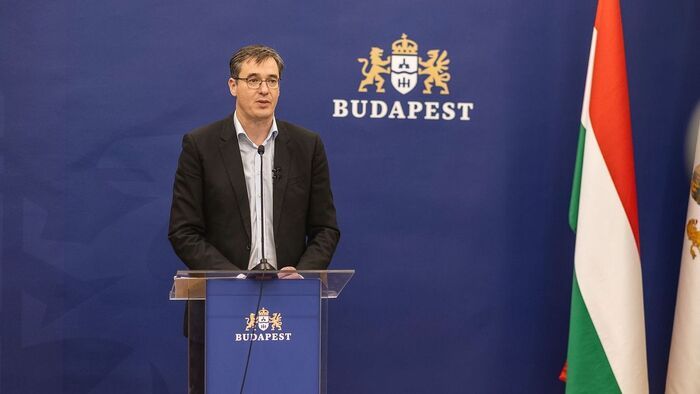
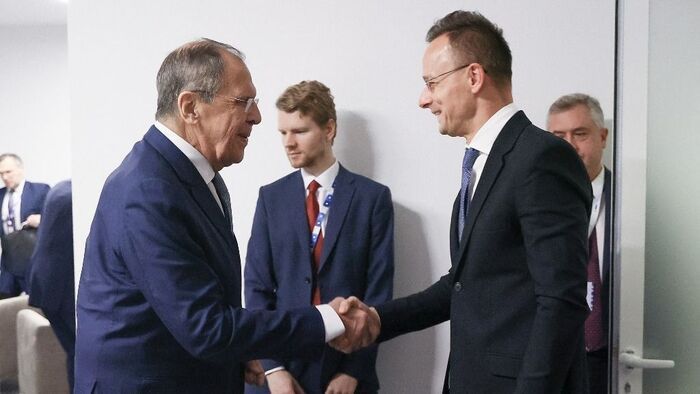
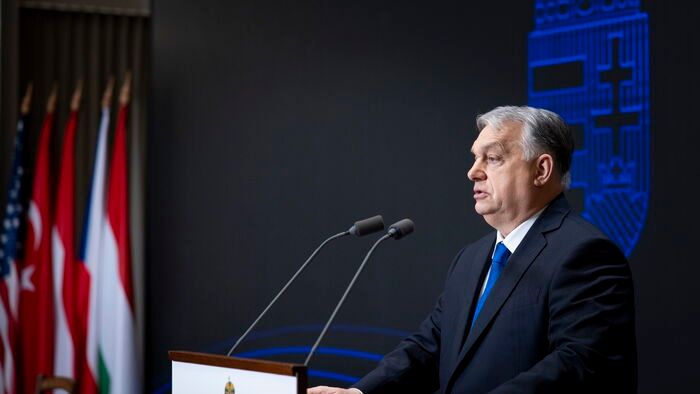
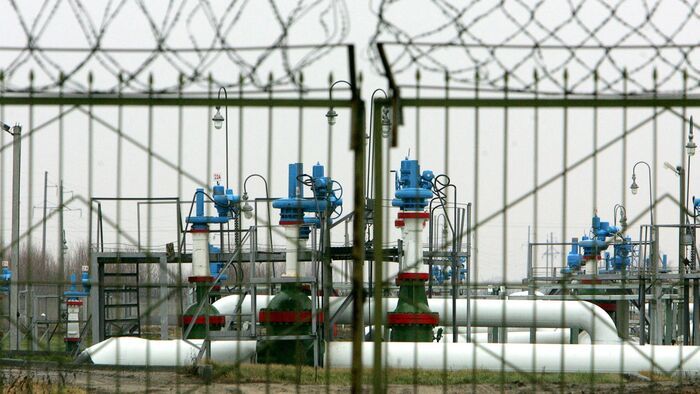


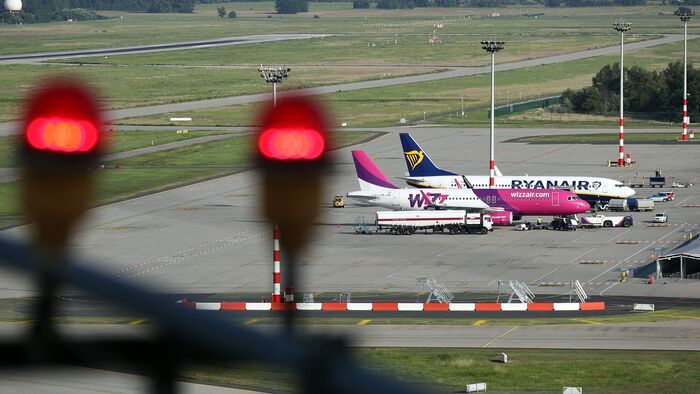
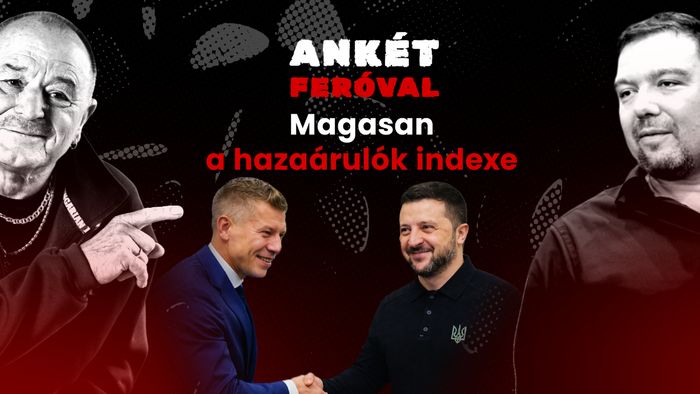

Szóljon hozzá!
Jelenleg csak a hozzászólások egy kis részét látja. Hozzászóláshoz és a további kommentek megtekintéséhez lépjen be, vagy regisztráljon!